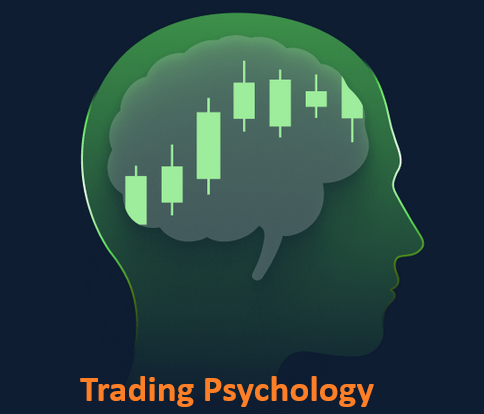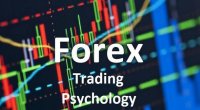The mental aspect of trading - how a trader thinks, feels, and reacts - is just as important, if not more so, than the technical side. Even the most robust trading plan can collapse in the face of poor emotional control. Understanding the significance of trading psychology, and how it ties into having (or lacking) a solid trading plan, is crucial for long-term success in the forex market.
The Role of Trading Psychology
Trading psychology refers to the emotional and mental state that influences a trader's decisions. It encompasses fear, greed, overconfidence, hesitation, revenge trading, and the ability to manage stress and stay disciplined.
Markets are driven by uncertainty. Even the most reliable trading strategies have losing streaks. Without the right mindset, traders often abandon their plan, chase losses, or become paralyzed by indecision. The key to handling these situations is not more technical knowledge - it’s emotional intelligence and psychological discipline.
The Power of a Trading Plan
A trading plan is a structured set of rules that guides when to enter and exit trades, how much to risk, and how to respond to various market conditions. A well-developed plan reduces the emotional burden of decision-making, offering a logical framework to follow when emotions are running high.
Benefits of Having a Trading Plan
- Discipline and Consistency
- A plan creates structure, helping traders avoid impulsive decisions driven by emotion.
- It provides consistency, which is crucial for evaluating performance and improving over time.
- Risk Control
- With predefined stop-loss and position sizing rules, traders are less likely to suffer large, account-draining losses.
- It ensures the trader doesn’t risk more than they can afford to lose.
- Emotional Detachment
- A plan allows traders to act rather than react. When following a strategy, decisions are made in advance - not in the heat of the moment.
- This reduces anxiety and keeps greed or fear in check.
- Performance Analysis
- Plans allow for systematic tracking of trades, making it easier to identify strengths and weaknesses.
- Over time, traders can refine their approach based on actual data, not emotional perception.
The Consequences of Trading Without a Plan
Trading without a plan is like navigating a storm without a compass. Every move is based on gut feeling or emotional reaction to the market - highly dangerous in a volatile environment like forex.
Risks of Not Having a Plan
- Emotional Decision-Making
- Without structure, traders are prone to panic selling, revenge trading after losses, and holding onto losers in the hope they’ll rebound.
- Emotions take control, leading to irrational and inconsistent behavior.
- Overtrading
- Without clear rules, traders often open too many trades or risk too much, chasing profits or trying to recover losses.
- This leads to fatigue, stress, and often, large drawdowns.
- Inability to Improve
- Random trades based on emotion can’t be evaluated or optimized.
- Without consistency, there’s no way to distinguish between luck and skill.
Where Trading Psychology Comes In
Even with a detailed plan, sticking to it in real-time markets is incredibly difficult. This is where trading psychology becomes indispensable.
- Fear might cause a trader to exit a profitable trade too early.
- Greed might lead to ignoring exit signals in hopes of a bigger gain.
- Overconfidence after a winning streak can tempt a trader to increase risk.
- Frustration from losses might trigger impulsive decisions to recover quickly.
The best traders recognize these tendencies and build safeguards against them—often within their trading plan itself. For instance, journaling trades and reflecting on emotional triggers helps identify harmful patterns.
Conclusion
While a solid trading plan is the foundation of success in forex trading, it is trading psychology that holds everything together. A trader may have the best strategy in the world, but without the emotional discipline to follow it, results will suffer.
Think of the trading plan as the blueprint, and trading psychology as the builder’s mindset. Both are essential. Without the right mental approach, the best-laid plans will fail. Forex trading isn’t just about predicting price - it’s about managing your own behavior in the face of risk and uncertainty. Master your psychology, and you’re halfway to mastering the markets.








